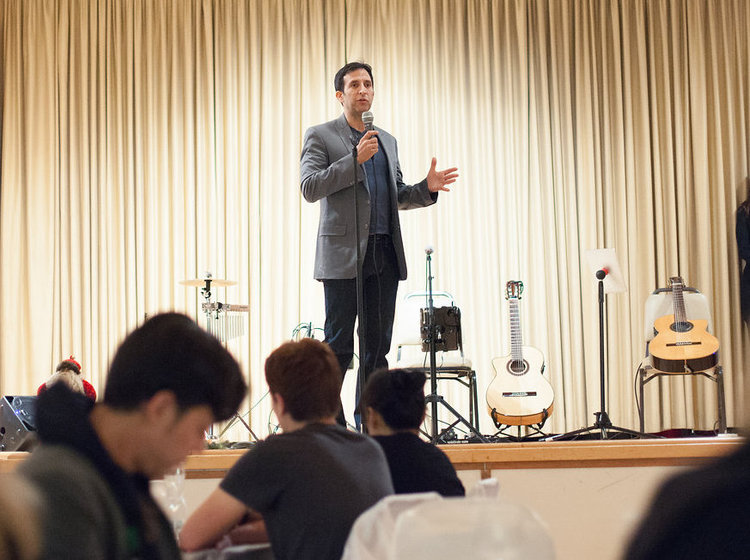Screenwriters are known for their quality drama and work on TV and movies. If you are looking for the best screenwriters today, you will mostly find them on television. Think about the popular TV serials like “Homeland” or “Downtown Abbey” or Breaking Bad,” you will find all of them have one trait in common- outstanding writing skills. If you are interested in TV writing and want to make a career out of it, you should be aware of the basic rules of TV writing.
Roger Wolfson – Rules of TV writing to always keep in mind
Roger Wolfson is a highly popular TV writer, screenwriter, activist, and speechwriter from Los Angeles USA. He graduated from John Hopkins with a Masters in Writing. Widely respected for his writing skills, he is often approached by his peers and aspirants who wish to join the TV industry to start a career in screenwriting.
He offers valuable guidance in the field of non-fiction, short stories, and novels to those who come to him for guidance. He has risen to high prominence in the field of entertainment, law, politics, and law. He has written for five network TV series. He is an esteemed professional known for his dedication to his work.
Besides the above, he has also been on the staff of four US Senators. He has written speeches for Presidential candidates of America. Mr. Wolfson has served as the Vice President of Channel One News and later founded his own firm in strategic consulting. He has also has been a civil rights attorney in the USA.
The screenplay and cast size
When it comes to the screenplay and cast for TV writing, he says you must be aware of the following points-
- The size of the character cast- In TV writing, you should consider the number of characters you wish to feature. Generally, there should be 4 or 5 that have a strong lead character over others that works well for a good storyline. In order to check this out, you can actually check out the major TV serials yourself.
- Dialogue should not be your primary focus- Do not make the mistake of focusing on the dialogue your cast characters will share. There is more to TV writing like the plot and the whole story structure. Keep them in mind as well when you are writing the dialogue.
- Create a document for the series- After you have completed one or two episodes of your series, you need to look at the larger picture of the story. Create a pitch document that contains the bios of the main characters and their background. Keep it interesting with some notes of the setting of the series.
According to Roger Wolfson these three points should always be kept in mind when it comes to TV writing. They help you to stay focused and keep the storyline on track. If you are writing a returning series, they help you immensely in creating subsequent plots to ensure an intriguing storyline with success.


